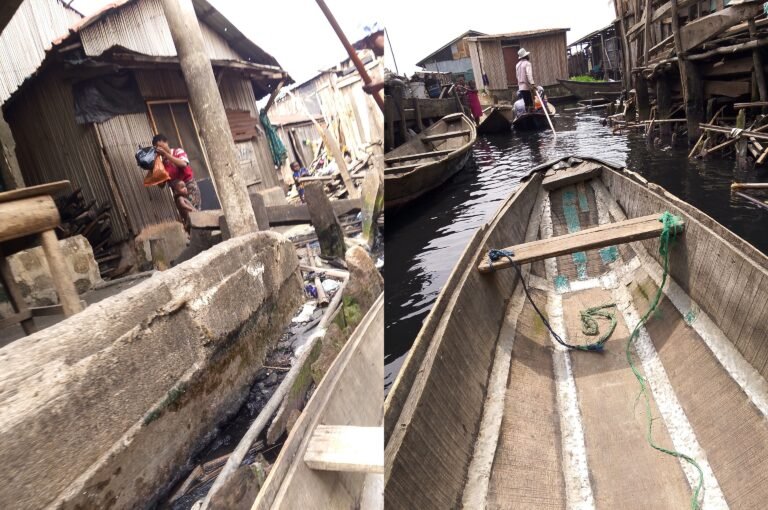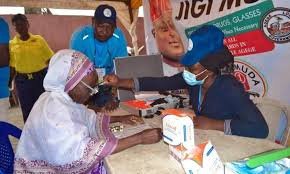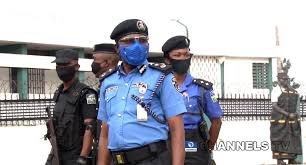
Anselm Okolo (Guest Writer)
Enugu West After Ekweremadu’s Exit
Enugu West senatorial district, once a dominant force in Enugu politics, is struggling to find its footing after the fall of its political titan, Ike Ekweremadu. For over two decades, Ekweremadu’s influence as a three-term Deputy Senate President gave the zone unprecedented bargaining power, attracted federal projects, and cemented the People’s Democratic Party (PDP) as the undisputed party of choice.
His imprisonment and absence since 2022 left a power vacuum that has reshaped Enugu politics. The 2023 elections confirmed the decline: PDP’s Osita Ngwu narrowly retained the Senate seat with 52,473 votes, defeating Labour Party’s Dennis Amadi, who polled 48,053. The slim 4,400-vote margin reflected a sharp fall from PDP’s past dominance.
PDP’s Decline and Labour Party’s Rise
Once considered an electoral fortress, Enugu West now faces an uncertain future. PDP, which used to dominate without effort, had to rely on defections to regain some legislative strength. Meanwhile, the Labour Party capitalised on the political shift, sweeping most National Assembly seats in Enugu State.
Without Ekweremadu’s strategic leadership, Enugu West has moved from kingmaker to spectator, while Enugu East controls the governor’s office and Enugu North consolidate influence across state structures.
Budget Battles: Uneven Project Distribution
Politics in Enugu is no longer just about elections but about access to capital projects. Governor Peter Mbah’s administration has championed aggressive budgets: ₦521.6bn in 2024 with 79% capital spending, and a proposed ₦971bn for 2025 with 86% dedicated to infrastructure and education.
In 2024, Udi and Oji River—both in Enugu West—benefited from the flagship 9th Mile 24/7 Water Scheme, recording ₦10.3bn and ₦9.6bn in capital allocation respectively. But Awgu (₦2.55bn) and Aninri (₦1.5bn) lagged far behind, leaving parts of the zone underfunded. The imbalance highlights the absence of coordinated political bargaining that once ensured more equitable distribution.
Leadership Vacuum in Enugu West
The biggest challenge facing Enugu West is succession failure. Ekweremadu’s dominance stifled the emergence of a strong second line of leadership. Younger politicians remain fragmented, lacking the networks or unity to influence state politics.
Senator Osita Ngwu, now Chairman of the Senate Committee on Solid Minerals and Minority Whip, has the opportunity to rebuild influence. His position could bring infrastructure tied to mineral development, but success depends on whether the zone can mobilise collectively behind him.
What the Future Holds for Enugu West
Enugu West must decide whether to remain in Ekweremadu’s shadow or reinvent itself. The upcoming rollout of Smart Green Schools and health centres by the Mbah administration offers fresh opportunities—but only for zones that organise and lobby effectively.
If Enugu West can unite across party lines, demand equity in project distribution, and nurture new political figures, it could reclaim its place in Enugu politics. Its greatest risk is not decline itself, but the acceptance of decline as the new normal.
About the Writer:
Anselm Okolo is a journalist based in Abuja. He can be reached via 08087890337 or ifediche5@gmail.com.



